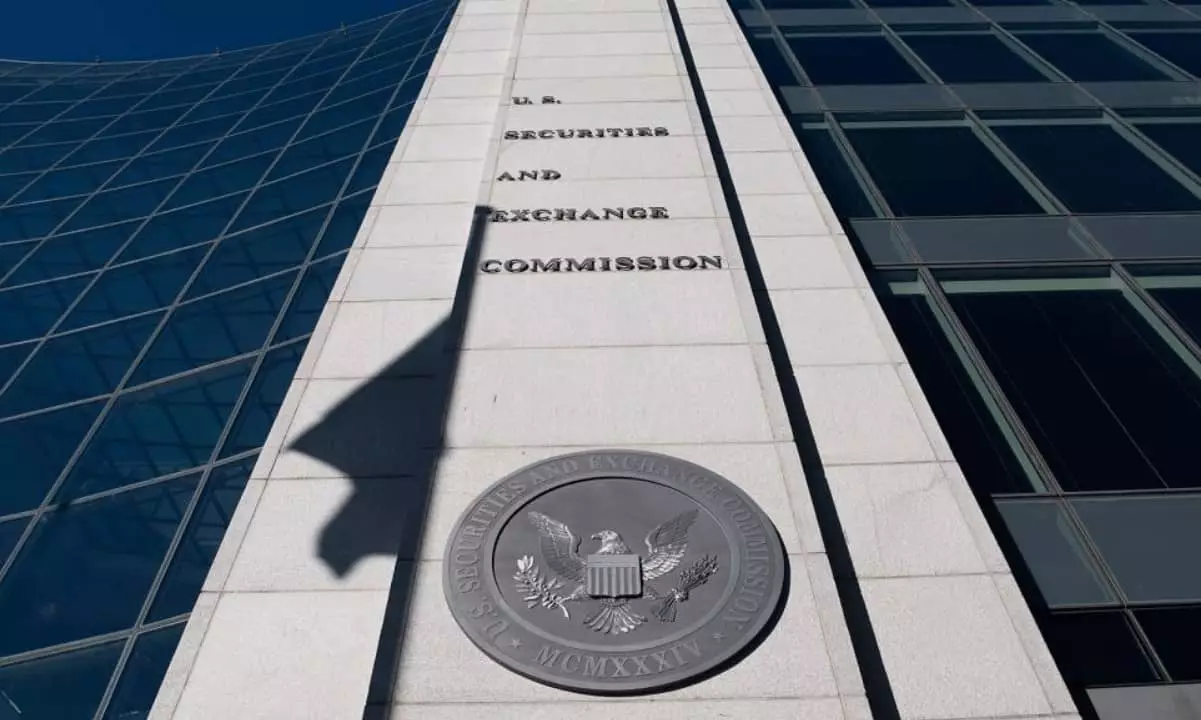On May 29, the Securities and Exchange Commission (SEC) made waves in the crypto community with its assessment of staking protocols operating on proof-of-stake networks. By ruling that these staking activities do not qualify as securities offerings, the SEC has signaled a significant shift towards recognizing cryptocurrency operations as legitimate and integral components of modern finance. This decision not only alleviates the fears of those involved in staking but also promotes an environment where cryptocurrency businesses can flourish, free from the heavy regulatory burdens that can stifle innovation.
Understanding Staking in Layman’s Terms
The SEC’s analysis dissected various staking arrangements: from solo staking, where enthusiasts manage their own assets, to custodial services that simplify the process for average investors. By distinguishing these activities from traditional investment contracts defined by the Howey test, the SEC has clarified that staking is primarily about providing a service rather than participating in a profit-driven enterprise dependent on collective managerial efforts. For everyday investors, this presents a rare opportunity to engage actively in the crypto space without the looming threat of regulatory ramifications.
Positive Industry Reaction and Its Implications
The SEC’s conclusions were met with enthusiasm by industry leaders, including CoinFund President Christopher Perkins, who voiced appreciation for the “clarity” that the agency provided. This sentiment was echoed by ETF Store President Nate Geraci, who noted that the ruling clears another obstacle for those advocating for spot Ether ETFs. The positive response from key figures in finance hints at a burgeoning ecosystem where stakeholders can design more innovative products, paving the way for a more robust and competitive market.
The Push for Comprehensive Regulation
On the same day, a bipartisan group of U.S. lawmakers unveiled the “Digital Asset Market Clarity Act of 2025,” indicating a concerted effort to propel the regulatory framework governing the crypto industry forward. With this act, the delineation of responsibilities between the SEC and the Commodity Futures Trading Commission (CFTC) aims to eliminate confusion regarding oversight. As House Committee on Financial Services Chairman French Hill put it, the legislation seeks to protect consumers while fostering innovation—a sentiment that resonates deeply within the crypto community.
A Call for Leadership in the Global Space
This newfound regulatory clarity represents not just a victory for stakeholders within the U.S., but an essential step towards solidifying America’s position as a leader in the global digital assets marketplace. Bill sponsor Dusty Johnson aptly noted that without a clear framework, the U.S. risks falling behind other nations that are quicker to adapt to and regulate emerging technologies. The SEC’s ruling and accompanying legislative effort create a more conducive environment for investment and growth, suggesting that the stage is set for the U.S. to reclaim its status as a pioneer in innovative financial solutions.
As the industry waits with bated breath for the full impact of these regulatory shifts, one thing is certain: the SEC’s acknowledgment of staking could ultimately be a catalyst for a flourishing digital economy that embraces transparency and encourages responsible innovation.


Leave a Reply